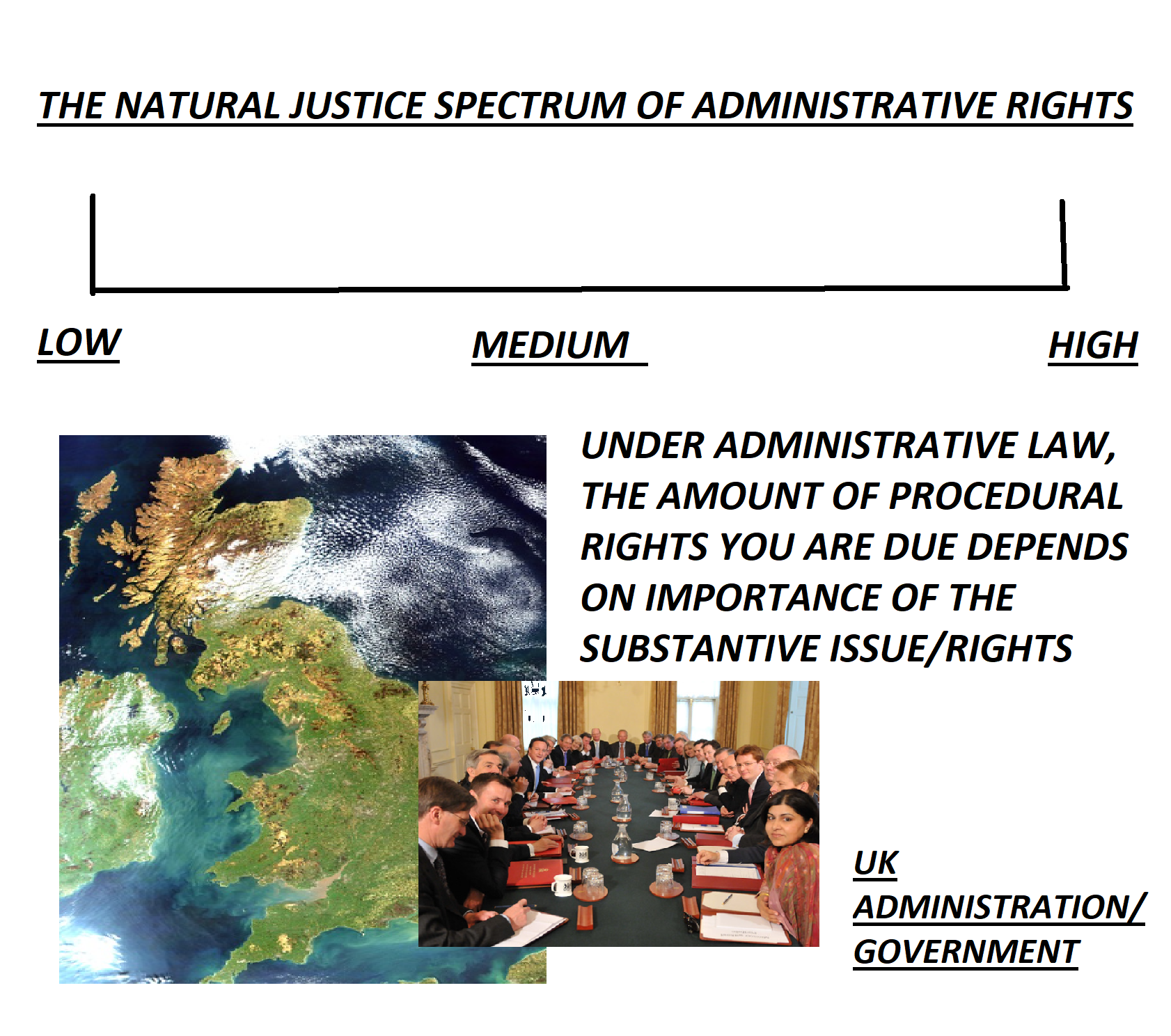Local Government Board v Arlidge, 1915, [1915] AC 120
Citation:Local Government Board v Arlidge, 1915, [1915] AC 120
Rule of thumb:Does there always have to be an automatic Court hearing to determine a person’s administrative law rights? No, there does not always have to be an automatic Court hearing with there only being a right to judicial review in these circumstances.
Background facts:
The facts of this case were that there was legislation stating that where housing was unfit for human co-habitation it was a slum and the Government had the right to pull it down. Arlidge was living in a house that was deemed to meet the ‘slum’ standard and was ordered to be knocked down.
Parties argued:
Arlidge made submissions against this and argued that the fact he could not attend an oral hearing breached procedural impropriety.
Judgment:
The Court affirmed that an oral hearing was not always required for deciding how the administration is to be carried out. It was affirmed that the process had been done properly and the house could be destroyed.

Ratio-decidendi:
‘The words ‘natural justice’ occur in arguments and sometimes in judicial pronouncements in such cases. My Lords, when a central administrative board deals with an appeal from a local authority it must do its best to act justly, and to reach just ends by just means. If a statute prescribes the means it must employ them. If it is left without express guidance it must still act honestly and by honest means. In regard to these certain ways and methods of judicial procedure may very likely be imitated; and lawyer-like methods may find especial favour from lawyers. But that the judiciary should presume to impose its own methods on administrative or executive officers is a usurpation. And the assumption that the methods of natural justice are ex necessitate those of Courts of justice is wholly unfounded. This is expressly applicable to steps of procedure or forms of pleading. In so far as the term ‘natural justice’ means that a result or process should be just, it is a harmless though it may be a high-sounding expression; in so far as it attempts to reflect the old jus naturale it is a confused and unwarranted transfer into the ethical sphere of a term employed for other distinctions; and, in so far as it is resorted to for other purposes, it is vacuous.’
Warning: This is not professional legal advice. This is not professional legal education advice. Please obtain professional guidance before embarking on any legal course of action. This is just an interpretation of a Judgment by persons of legal insight & varying levels of legal specialism, experience & expertise. Please read the Judgment yourself and form your own interpretation of it with professional assistance.

